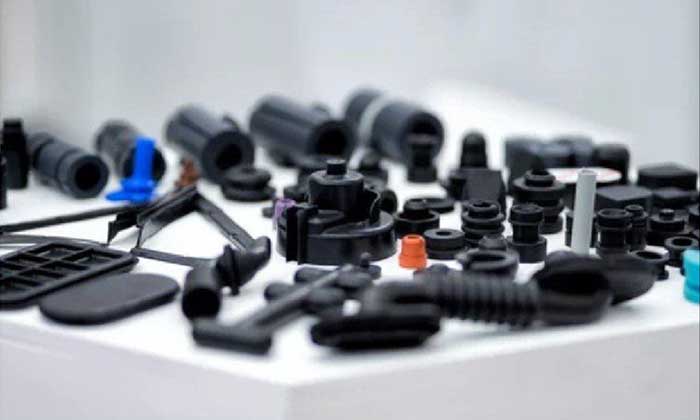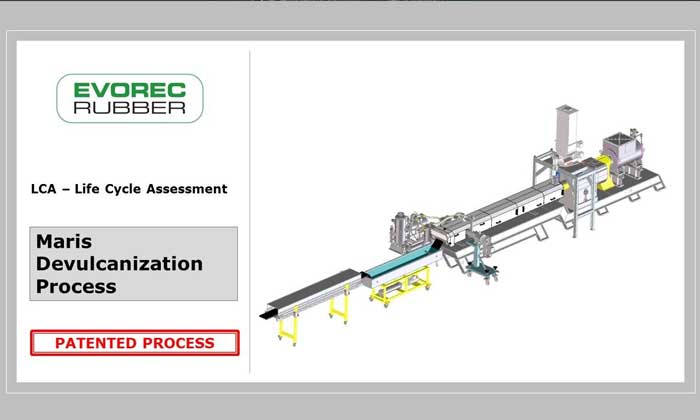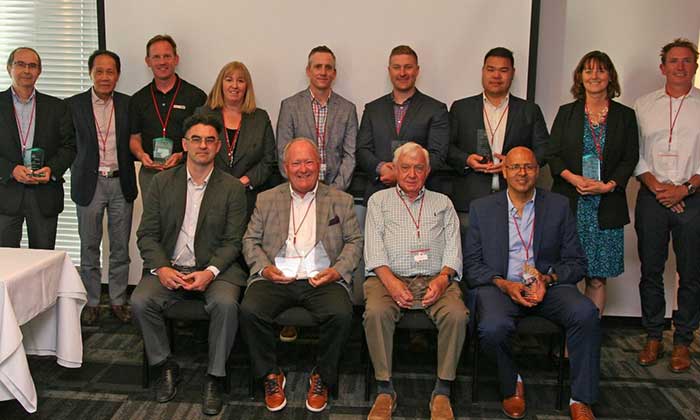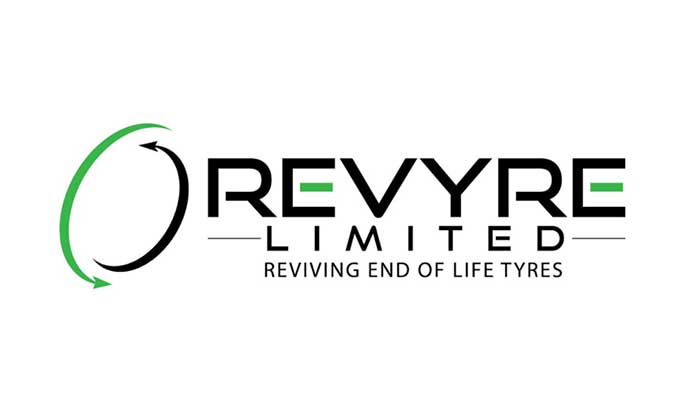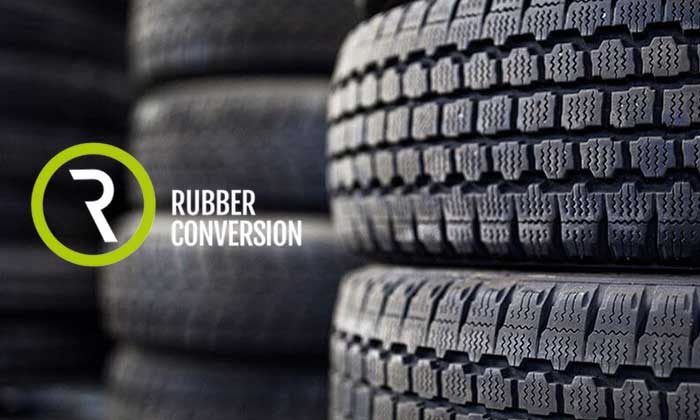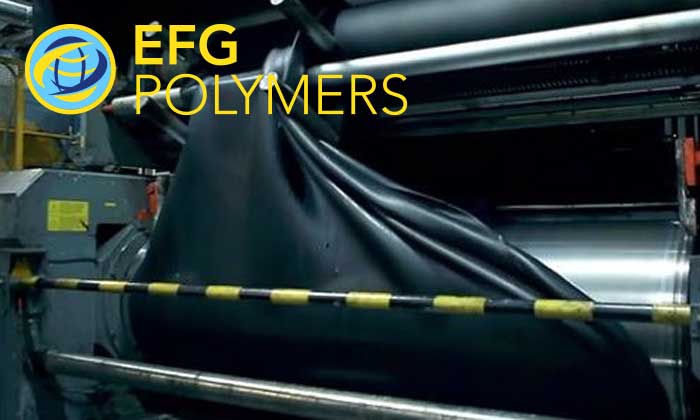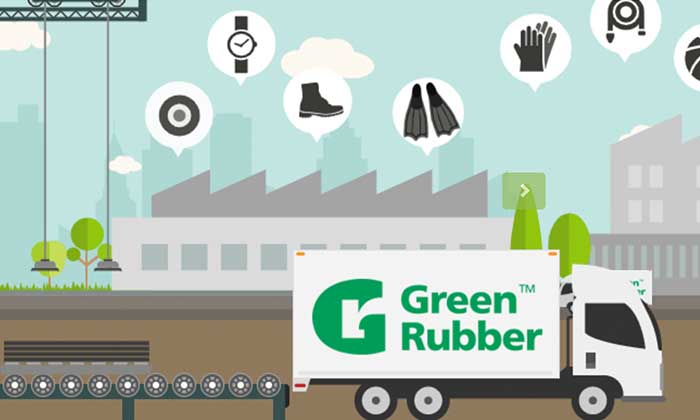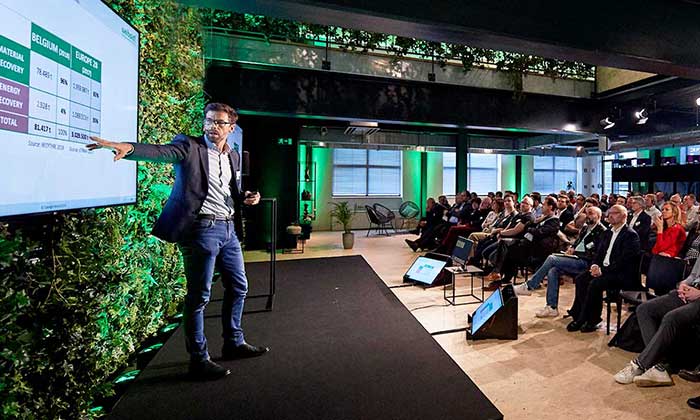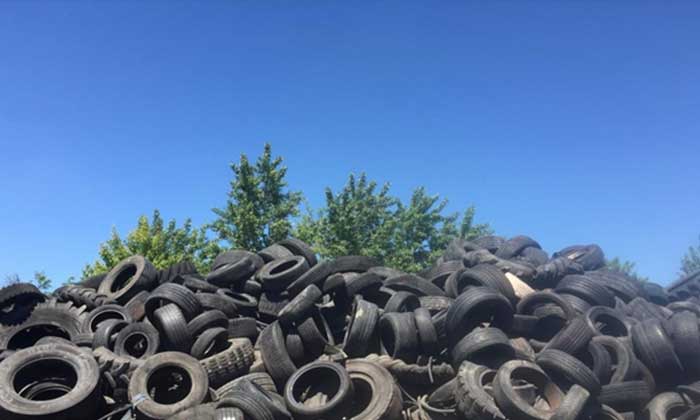
Weibold Academy: Chemical recycling – environmental impacts of end-of-life tire pyrolysis
The chemical recycling of end-of-life tires (ELT) via state-of-the-art pyrolysis technologies does not only avoid greenhouse gas emissions compared to today’s conventional production processes, but it also increases the resource efficiency while closing the loop in the transition to a circular economy. However, civil organisations criticise the production of fuel through chemical recycling, sometimes mutilate the terminology, pointing to the associated environmental impacts, while they overlook the fact that modern ELT pyrolysis concepts are not geared towards the production of "fuels" (which, by the way, should not be defined as "recycling" but rather as less preferred "recovery" according to the EU waste hierarchy).



